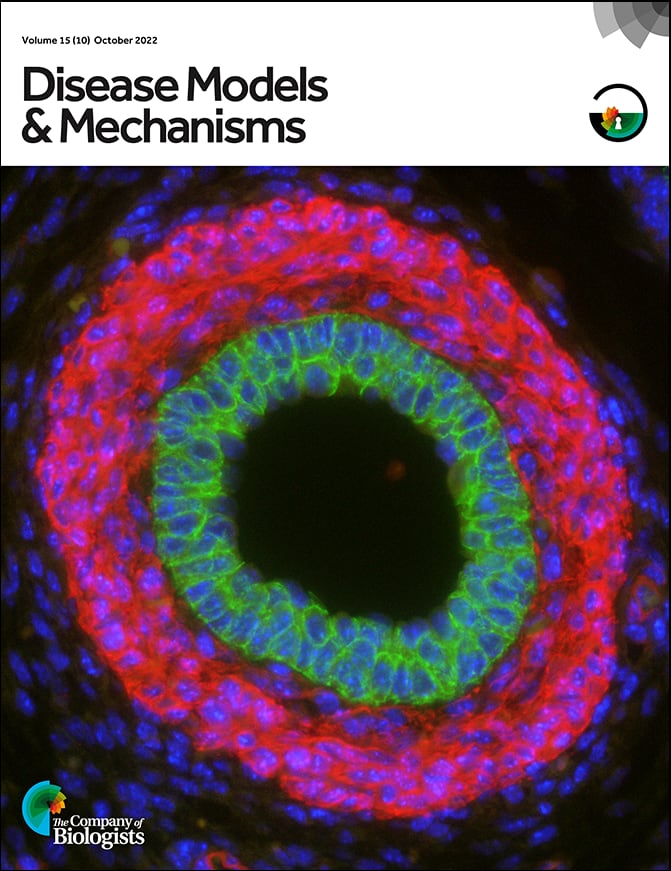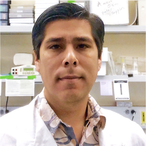The Ortega Laboratory was established in March 2021 at The Queen’s Medical Center. The lab is headed by Michael Ortega, Ph.D. and located within the University of Hawaii Tower on the campus of The Queen’s Medical Center.


Principal Investigator
Tel: 1 (808) 691-7902
Fax: 1 (808) 691-7939
miortega@queens.org

Undergraduate Summer Researcher
(2022)
Vares-Lum D.L, Gangcuangco L.M.A., Park J., Manzano E., Ortega M.A. Chow D., Shikuma C.
HIV Research & Clinical Practice (in press)
DOI: https://doi.org/10.1080/25787489.2023.2261753 PMID: in progress
Ortega M.A., Villiger R.K., Harrison-Chau M., Lieu S., Tamashiro K.-K., Lee A.J., Fujimoto B.A., Patwardhan G.Y., Kepler J., Fogelgren B.
Disease Models and Mechanisms 15 (10):dmm049785 (2022).
DOI: https://doi.org/10.1242/dmm.049785 PMID: 36004645
Ortega M.A., Poirion O., Zu X., Huang S., Wolfgruber T.K., Sebra R., Garmire L.X.
Clin. Transl. Med. 6:41 (2017).
DOI: https://doi.org/10.1186/s40169-017-0177-y PMID: PMC574694
Ortega M.A., Ko M., Marh J., Finberg A., Oshiro M., Ward W.S.
J. Cell Biochem. 117:1806 (2016).
DOI: https://doi.org/10.1002/jcb.25480 PMID: PMC490515
Ortega M.A., Nguyen H., Ward W.S.
Cell Tissue Res. 363:195 (2016).
DOI: https://10.1007/s00441-015-2296-3 PMID: PMC4703507
1356 Lusitana St. UH Tower 8, Honolulu, HI 96813
The Queen’s Health System Terms of Use | Privacy Policy